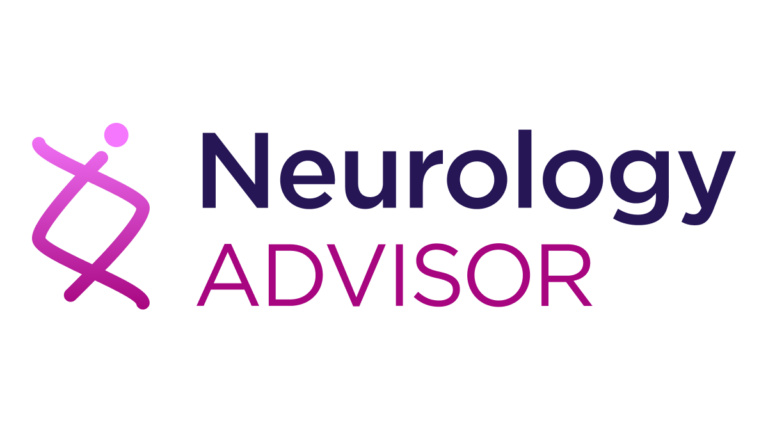Maintaining good cardiorespiratory fitness is increasingly recognized as a crucial factor in preserving brain health and reducing the risk of cognitive decline, including dementia. Recent studies reveal a strong connection between physical fitness and cognitive function, suggesting that engaging in regular exercise can have significant positive impacts on the brain throughout one’s lifespan.
What is Cardiorespiratory Fitness?
Cardiorespiratory fitness (CRF), also known as cardiovascular fitness or aerobic fitness, refers to the ability of the circulatory and respiratory systems to supply oxygen to the body’s muscles during sustained physical activity. It’s a measure of how well your heart, lungs, and muscles work together during exercise. A person with high cardiorespiratory endurance can sustain high-intensity activities for longer without getting overly tired. Improving your CRF involves engaging in regular moderate to high-intensity aerobic exercises.
The Link Between Cardiorespiratory Fitness and Cognitive Health
Research consistently shows that individuals with higher levels of cardiorespiratory fitness tend to have better cognitive function across various domains. This includes:
- Memory: Improved memory recall and retention.
- Executive Function: Better planning, problem-solving, and decision-making abilities.
- Processing Speed: Faster cognitive processing and reaction times.
- Attention and Concentration: Enhanced ability to focus and maintain attention.
- Visuospatial Skills: Improved ability to understand and interact with spatial relationships.
These cognitive benefits aren’t limited to one age group, studies show that both younger and older adults can benefit from improved cardiorespiratory fitness.
Cardiorespiratory Fitness and Dementia Risk
One of the most significant findings is the link between cardiorespiratory fitness and a reduced risk of dementia. Several studies have shown that people who engage in regular physical activity are less likely to develop dementia, including Alzheimer’s disease.
- Reduced Risk: Regular exercise can reduce the risk of developing dementia by up to 20%, with some studies suggesting an even higher reduction, particularly for Alzheimer’s disease.
- Delaying Onset: Improved cardiorespiratory fitness can also help delay the onset of dementia and slow down the progression of cognitive decline in individuals with mild cognitive impairment.
- Genetic Predisposition: Importantly, the benefits of cardiorespiratory fitness extend even to individuals with a genetic predisposition for dementia. Studies indicate that those with the APOE e4 gene, a known risk factor for Alzheimer’s, can still significantly reduce their risk by maintaining a high level of fitness.
How Does Cardiorespiratory Fitness Benefit the Brain?
The mechanisms through which physical activity and cardiorespiratory fitness impact brain health are multifaceted and involve various physiological and neurological processes:
- Improved Blood Flow: Exercise increases blood flow to the brain, ensuring that it receives adequate oxygen and nutrients. This is particularly important in areas of the brain responsible for memory and higher cognitive functions, such as the hippocampus and prefrontal cortex.
- Neuroplasticity: Physical activity promotes neuroplasticity, the brain’s ability to form new neural connections and reorganize itself. This is crucial for learning, memory, and adapting to changes throughout life. Exercise has been shown to increase the thickness of the cerebral cortex and improve the integrity of white matter, which connects different areas of the brain.
- Neurotrophic Factors: Exercise stimulates the release of neurotrophic factors, such as brain-derived neurotrophic factor (BDNF). BDNF plays a vital role in neuronal growth, survival, and the formation of new synapses, which is essential for learning and memory.
- Reduced Inflammation: Regular physical activity can help reduce chronic inflammation throughout the body, which has been linked to cognitive decline and neurodegenerative diseases.
- Enhanced Brain Function: Studies show that physically active older adults exhibit increased brain activity in the prefrontal cortex and decreased activity in other areas during cognitive tasks, suggesting enhanced efficiency in brain function.
Types of Exercise for Cardiorespiratory Fitness
Engaging in various forms of physical activity can help improve cardiorespiratory fitness. Some of the most effective options include:
- Aerobic Exercise: Activities like brisk walking, jogging, swimming, cycling, and dancing are highly effective for improving cardiovascular endurance. Aim for at least 150 minutes of moderate-intensity or 75 minutes of vigorous-intensity aerobic activity per week.
- High-Intensity Interval Training (HIIT): Short bursts of intense exercise followed by periods of rest can also improve cardiorespiratory fitness efficiently.
- Everyday Movement: Even light-intensity physical activities, such as walking the dog, gardening, or doing household chores, can contribute to overall fitness and cognitive health. Accumulating 7,500 steps or more daily is also associated with higher total brain volume.
The Importance of Early Intervention and Sustained Activity
The positive effects of physical activity on brain health are not confined to later life. Studies have found that cardiovascular fitness in early adulthood can predict cognitive performance, educational achievement and occupational status later in life. This underscores the importance of promoting physical activity from a young age. Furthermore, sustaining physical activity throughout midlife is associated with the best effect in reducing dementia risk.
Practical Implications
The growing body of evidence linking cardiorespiratory fitness and cognitive health has several practical implications:
- Public Health Initiatives: There is a need to actively promote physical activity and exercise interventions to maintain cognitive function in the general population.
- Personal Health Choices: Individuals of all ages should be encouraged to incorporate regular physical activity into their lifestyles as a means of enhancing both their physical and cognitive well-being.
- Healthcare Recommendations: Healthcare professionals should educate patients about the connection between physical activity and brain health and encourage movement at every age.
- Personalized Exercise Programs: Developing personalized exercise programs that cater to different fitness levels and health conditions is crucial to ensure that individuals can safely and effectively incorporate physical activity into their daily routines.
Conclusion
The evidence is clear: cardiorespiratory fitness plays a crucial role in maintaining cognitive function and reducing the risk of dementia. Regular physical activity, particularly aerobic exercise, is not just good for your heart, it’s also essential for a healthy brain. By prioritizing physical fitness throughout our lives, we can take proactive steps to protect our cognitive health and enhance our overall well-being.







